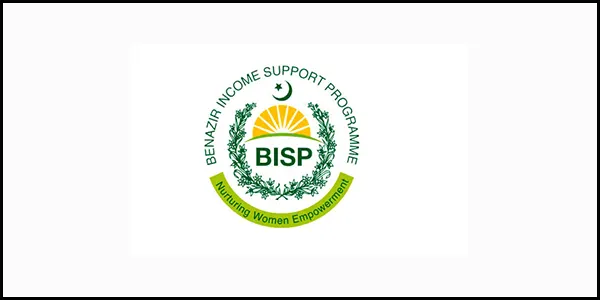Chairperson Benazir Income Support Programme (BISP), Dr. Muhammad AmjadSaqib has said that BISP is committed to serve the marginalized segments of society and actively working on an exit strategy for its beneficiaries, with a prime focus on equipping the children of beneficiaries with professional training related to IT and other valuable technical skills. He underscored that this vision is an evidence of the program’s long-term commitment to empowering vulnerable communities.
While talking to media, Dr. Muhammad AmjadSaqib shed light on the BISP’s ongoing efforts to provide financial assistance to 9.3 million families across Pakistan.
He reiterated the program’s dedication to transparency in payment mechanisms and its promise of improving the welfare of those in need.
In a heartfelt plea to philanthropists, Dr. Muhammad AmjadSaqib requested individuals and not-for-profit organizations to join hands with the BISP in its mission to uplift the 9.3 million registered families. He emphasized the authenticity of the BISP database and encouraged philanthropic contributions through transparent channels, believing that collective efforts are essential for societal progress.
Chairperson BISP also stressed the collective duty to help the needy and underserved, highlighting that a society’s advancement depends on the efficient utilization of both state and individual resources. He expressed gratitude for being given the opportunity by Almighty Allah to serve the underprivileged and reaffirmed the BISP’s commitment to ensuring the respect and dignity of these women.
Earlier in the day, Dr. Muhammad AmjadSaqib visited Point of Sale (POS) retailers in Risalpur, where he engaged in a productive dialogue with the retailers, soliciting their valuable input on the challenges they face in providing services to BISP beneficiaries.
He encouraged them to suggest solutions to enhance the program’s effectiveness and efficiency.
During his visit, Chairperson BISP also interacted with women beneficiaries at the retailer shop who had come to receive their quarterly stipend under the Benazir Kafaalat program.










